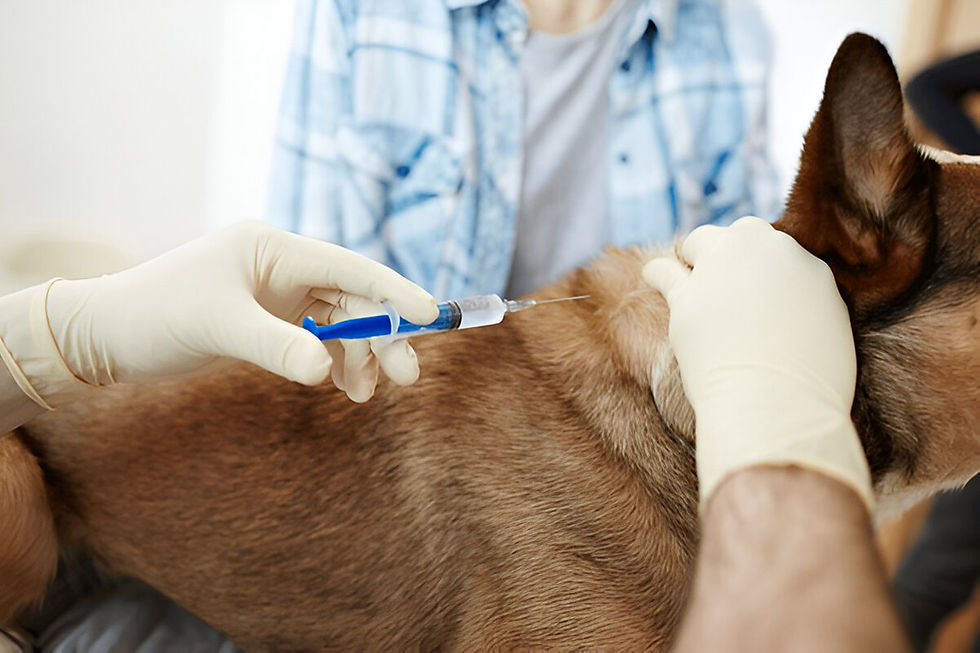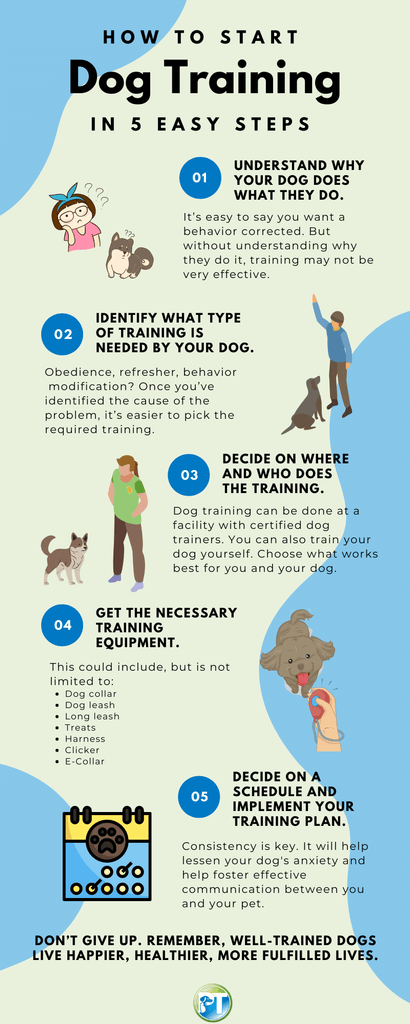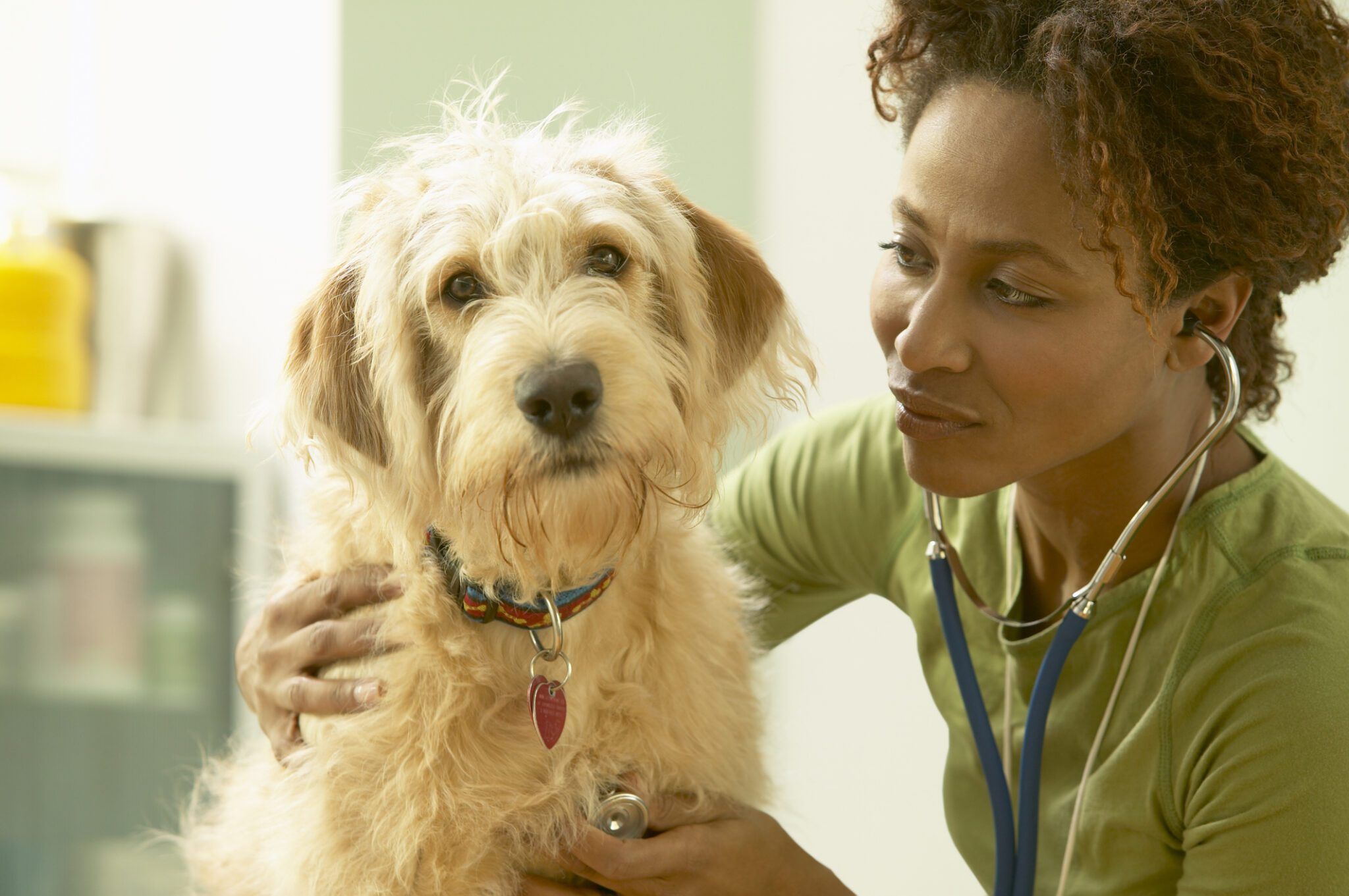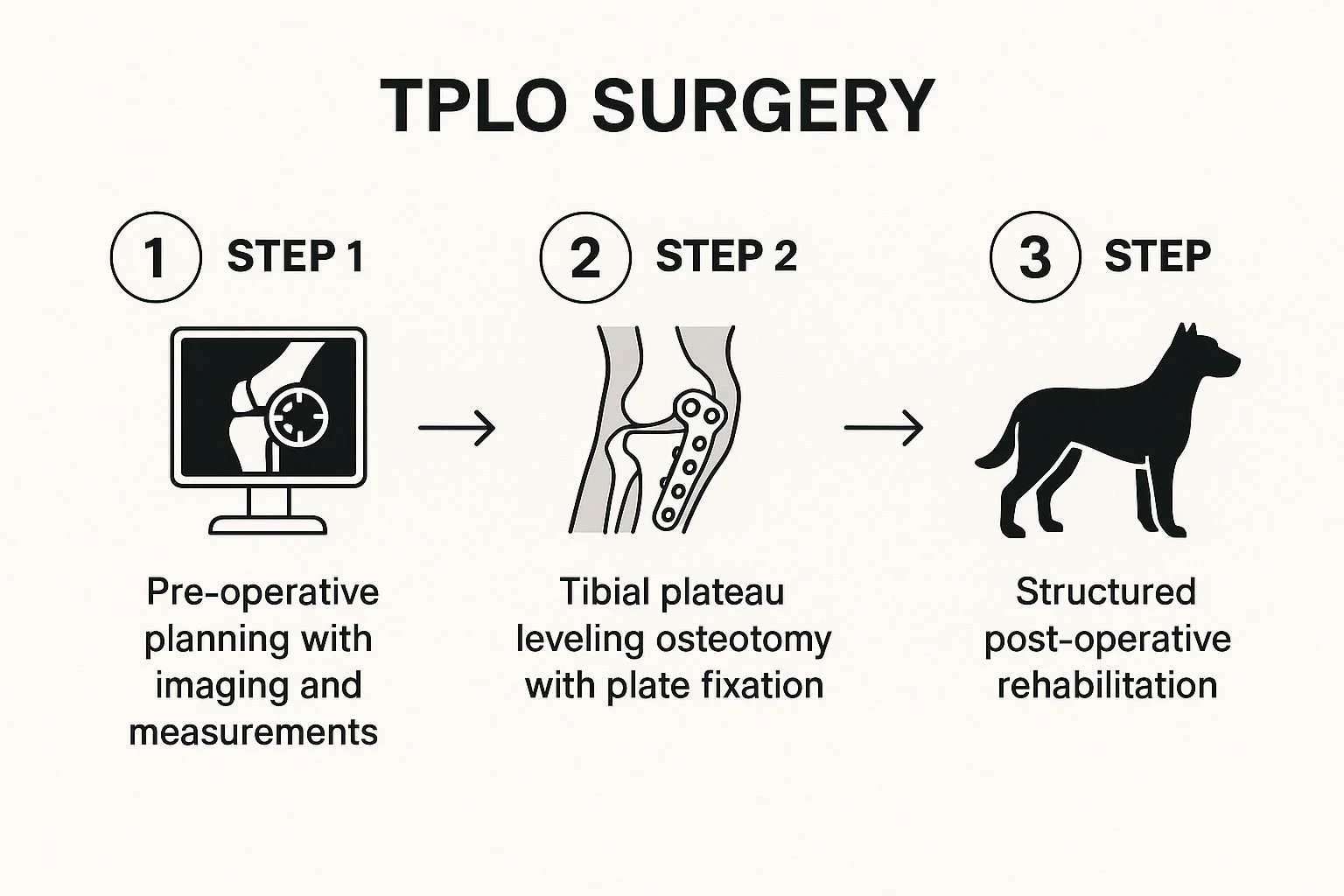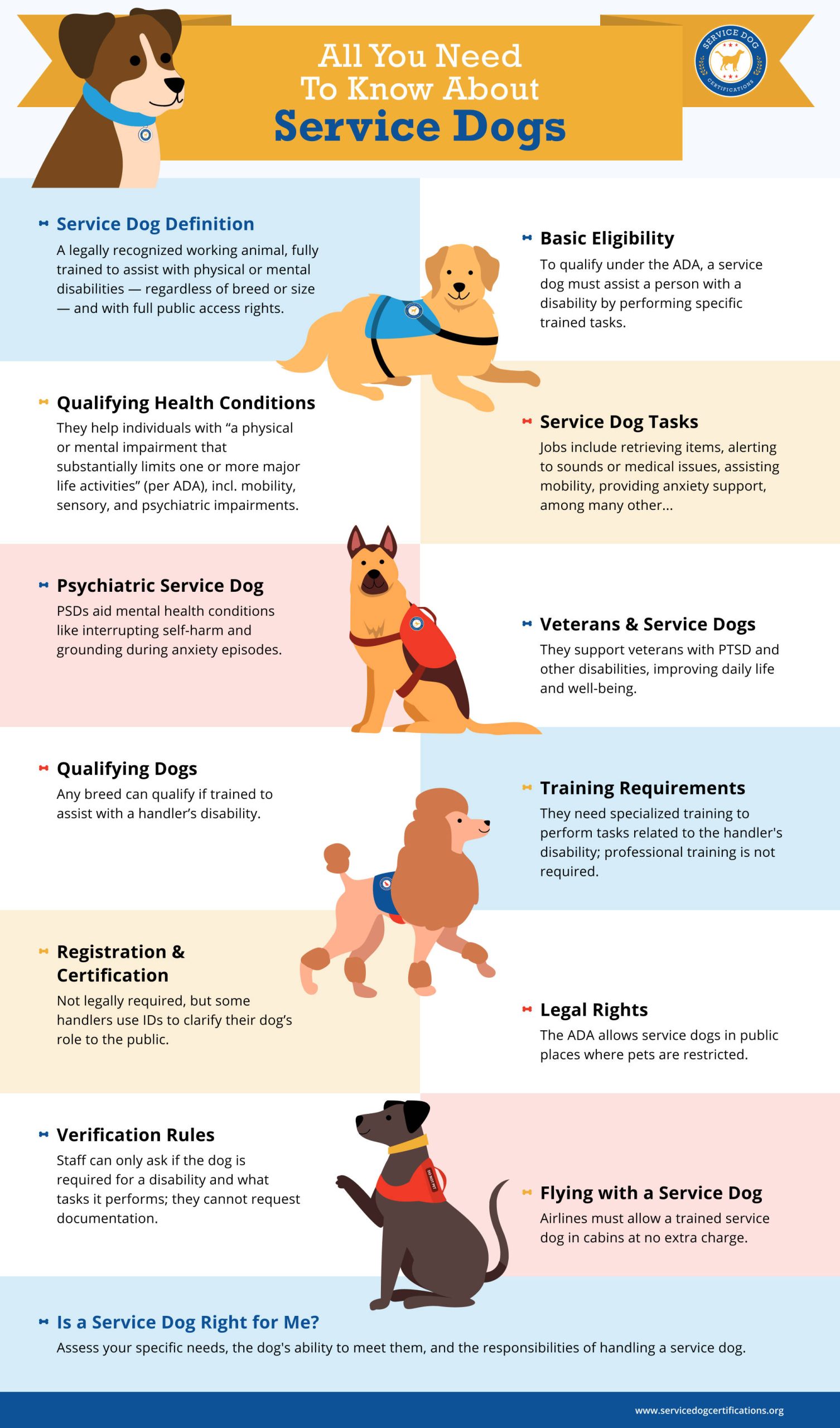Have you ever wondered if your dog might have special needs but weren’t sure what signs to look for? Understanding your furry friend’s unique challenges can be the key to giving them the best care possible.
If you’ve noticed unusual behaviors or physical differences, it’s natural to feel concerned and want answers. This guide will help you recognize the important clues that show your dog might need extra support. Keep reading to learn how to spot these signs early and ensure your dog lives a happy, healthy life.

Credit: walkinpets.com
Physical Signs
Dogs with special needs often show clear physical signs. Watching your dog closely can help you spot problems early.
Recognizing these signs helps you provide the right care your dog needs to stay happy and healthy.
Mobility Challenges
Your dog may have trouble moving if it has special needs. This could include limping or stiffness.
Difficulty climbing stairs or getting up after resting are also signs of mobility problems.
- Slow walking or reluctance to walk
- Dragging paws or uneven steps
- Difficulty jumping or climbing
- Stiffness after resting or exercise
Unusual Physical Features
Some dogs have physical traits that show special needs. These may be different from other dogs of the same breed.
Look for unusual size, shape, or marks on your dog’s body that may affect its health or behavior.
- Asymmetrical body parts or limbs
- Unusual lumps or bumps under the skin
- Missing or deformed ears, eyes, or tails
- Abnormal fur patterns or hair loss
Chronic Health Issues
Dogs with special needs often have ongoing health problems. These can affect their daily life and energy.
Signs include frequent coughing, trouble breathing, or constant itching and skin problems.
- Persistent coughing or wheezing
- Frequent vomiting or diarrhea
- Constant scratching or skin infections
- Regular seizures or tremors
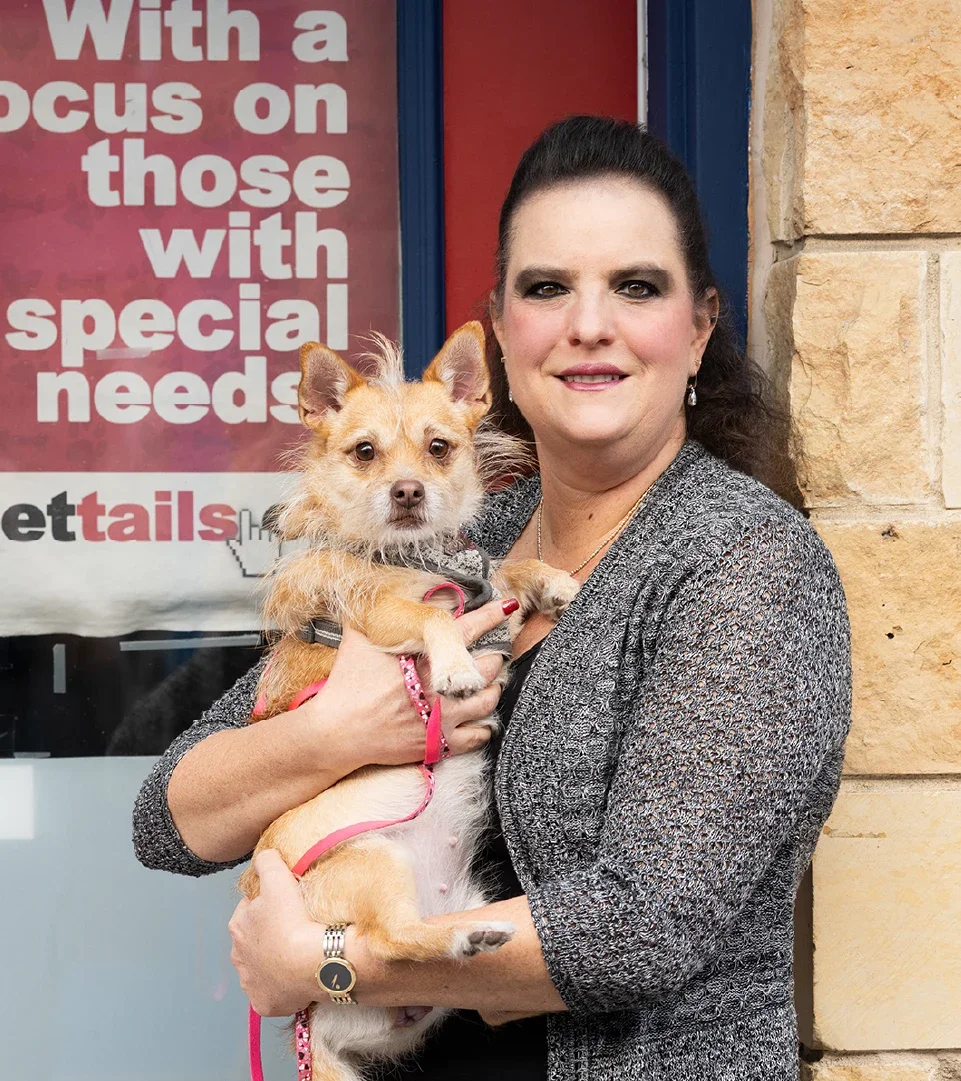
Credit: www.goodrx.com
Behavioral Indicators
Dogs with special needs often show changes in how they act. Watching their behavior can help you understand if they need extra care.
Behavioral signs are important to notice early. They can tell you if your dog is struggling or feels different than usual.
Changes In Social Interaction
Your dog may act differently around people or other animals. They might avoid eye contact or hide more often.
Some dogs become less friendly or more anxious in social settings. This can show they have special needs.
- Stops seeking attention or petting
- Shows fear when approached by others
- Ignores or avoids other dogs
- Becomes aggressive without clear reason
Unusual Reactions To Stimuli
Special needs dogs may react oddly to sounds, lights, or touch. They might be very sensitive or not react at all.
These reactions can affect their daily life and comfort. Watching for these signs helps in understanding their needs.
- Startles easily from normal noises
- Ignores calls or loud sounds
- Overreacts to touch or movement
- Shows stress from bright lights
Difficulty In Learning Commands
If your dog struggles to learn simple commands, it may signal a special need. They might forget training quickly or not understand instructions.
Patience and clear signals help, but persistent trouble can mean extra support is needed.
- Does not respond to basic commands
- Shows confusion during training
- Repeats mistakes despite practice
- Has trouble focusing on tasks
Developmental Delays
Some dogs grow and learn slower than others. This can be a sign of special needs. Developmental delays affect how dogs walk, talk, and behave.
Watching your dog closely helps you spot these delays early. Early help can make a big difference in their life.
Late Milestones
Dogs reach important milestones like walking or sitting at certain ages. If your dog is late to do these, it could be a delay.
For example, puppies usually start walking by three weeks old. If your dog is much slower, watch for other signs.
- Delayed walking or standing
- Slow to learn basic commands
- Late to respond to their name
Lack Of Coordination
Some dogs have trouble controlling their movements. They may stumble or fall often. This shows poor coordination.
Coordination problems can make it hard for dogs to play or walk normally. These signs may mean special needs.
- Tripping over their own feet
- Difficulty climbing stairs
- Unsteady when walking or running
Speech And Communication Differences
Dogs use barks and body language to talk. Some dogs may have trouble making sounds or understanding cues.
Changes in how your dog communicates may point to special needs. Watch for unusual barking or lack of response.
- Unusual or weak barking
- Not responding to simple commands
- Limited eye contact or gestures
Sensory Sensitivities
Sensory sensitivities in dogs can show special needs. These dogs react differently to sights, sounds, and touch.
Noticing these signs helps you care better for your dog’s comfort and safety.
Overreaction To Sounds
Some dogs get very scared or anxious from loud or sudden sounds. They may bark nonstop or hide.
Sounds like fireworks, thunderstorms, or loud noises can cause this strong reaction.
- Excessive barking or whining
- Shaking or trembling
- Trying to run away or hide
Light And Touch Sensitivities
Dogs with light sensitivity may avoid bright places or squint often. They might seem uncomfortable in sunlight.
Sensitive touch means your dog may pull away from petting or react to gentle touches.
- Squinting or closing eyes in bright light
- Avoiding open sunny spots
- Flinching when touched softly
- Disliking being picked up or hugged
Vision And Hearing Issues
Vision problems may make your dog bump into things or seem lost in familiar places.
Hearing loss can cause your dog to ignore sounds or not respond to their name.
- Bumping into furniture or walls
- Reluctance to move in new areas
- No response to calling or loud noises
- Startling easily when touched unexpectedly
Health Monitoring Tips
Knowing if your dog has special needs starts with careful health monitoring. Watching your dog closely helps catch issues early. It also guides you to give the best care possible.
Use simple steps to keep track of your dog’s health. Regular checks, noting behavior changes, and keeping records help a lot.
Regular Vet Checkups
Visit the vet often to check your dog’s health. These visits help spot problems early. The vet can tell if your dog needs special care.
Make a schedule for regular checkups. Follow the vet’s advice on vaccines and tests. This keeps your dog healthy and safe.
Tracking Behavior Changes
Watch how your dog acts every day. Changes in behavior can show health issues. Look for signs like less energy, more sleep, or unusual moods.
Notice eating and drinking habits. Also, check for changes in walking or playing. These clues help you and the vet understand your dog’s needs.
- Loss of appetite or increased hunger
- Less interest in play or exercise
- More sleeping or hiding
- Changes in bathroom habits
Keeping A Health Journal
Write down your dog’s health details every day. Include eating, drinking, behavior, and any unusual signs. This journal helps track progress over time.
Bring the journal to vet visits. It gives the vet a clear picture of your dog’s health. You can spot patterns and act quickly if needed.
- Date and time of symptoms
- Food and water intake
- Behavior notes
- Medications and treatments
Seeking Professional Help
Knowing if your dog has special needs can be hard. Signs may be unclear or slow to show. Getting help from a professional is important to understand your dog’s condition.
Experts can give advice and treatment options. They help make sure your dog gets the care needed for a better life.
When To Consult A Vet
See a vet if your dog shows unusual behavior or health problems. This includes trouble walking, eating, or sudden changes in mood.
Early vet visits catch problems before they get worse. Regular check-ups help spot hidden issues that need attention.
- Difficulty moving or limping
- Loss of appetite or weight
- Frequent vomiting or diarrhea
- Sudden changes in behavior
- Seizures or fainting
Specialist Evaluations
A vet may refer you to a specialist for detailed tests. Specialists check for conditions like blindness, deafness, or mobility issues.
These experts use special tools to diagnose your dog’s needs. They can give a clear picture of what help is required.
- Neurologists for brain or nerve problems
- Orthopedists for bone and joint issues
- Behaviorists for emotional and mental health
- Ophthalmologists for eye problems
- Cardiologists for heart conditions
Therapies And Support Options
After diagnosis, different therapies can help your dog live well. These include physical therapy, medication, and special diets.
Support tools like wheelchairs or ramps make daily life easier. Training can help dogs adjust to their needs and stay happy.
- Physical therapy to improve movement
- Medicines to manage pain or illness
- Special diets for health support
- Assistive devices like wheelchairs
- Behavior training for better coping

Credit: www.goodrx.com
Frequently Asked Questions
What Are Common Signs Of A Special Needs Dog?
Special needs dogs may show mobility issues, vision or hearing loss, and behavioral changes. Frequent medical problems or difficulty learning commands also indicate special needs. Early detection helps provide proper care and improve their quality of life.
How Can I Tell If My Dog Has A Disability?
Look for limping, uncoordinated movements, or sensitivity to touch. Difficulty eating or drinking and frequent accidents indoors can also signal a disability. Consult a vet for accurate diagnosis and tailored care plans.
When Should I Seek Veterinary Advice For Special Needs?
Seek veterinary advice if your dog shows persistent pain, unusual behavior, or declining mobility. Early intervention can prevent worsening conditions and ensure your dog receives appropriate treatment and support.
Can Special Needs Dogs Live Normal Lives?
Yes, with proper care, special needs dogs can live happy, fulfilling lives. Adapted routines, medical treatment, and a loving environment help them thrive despite challenges.
Conclusion
Understanding your dog’s needs can improve their quality of life. Pay attention to unusual behaviors or changes. Consult a vet for professional advice. Early detection helps in managing special needs effectively. Love and patience make a difference. Special care enhances your bond with your dog.
Your furry friend deserves the best care. Keep learning about their unique needs. Create a supportive environment for them. They rely on you for their happiness. Provide them with comfort and joy every day. Your efforts will be rewarding. Your dog will thank you in their own special way.

